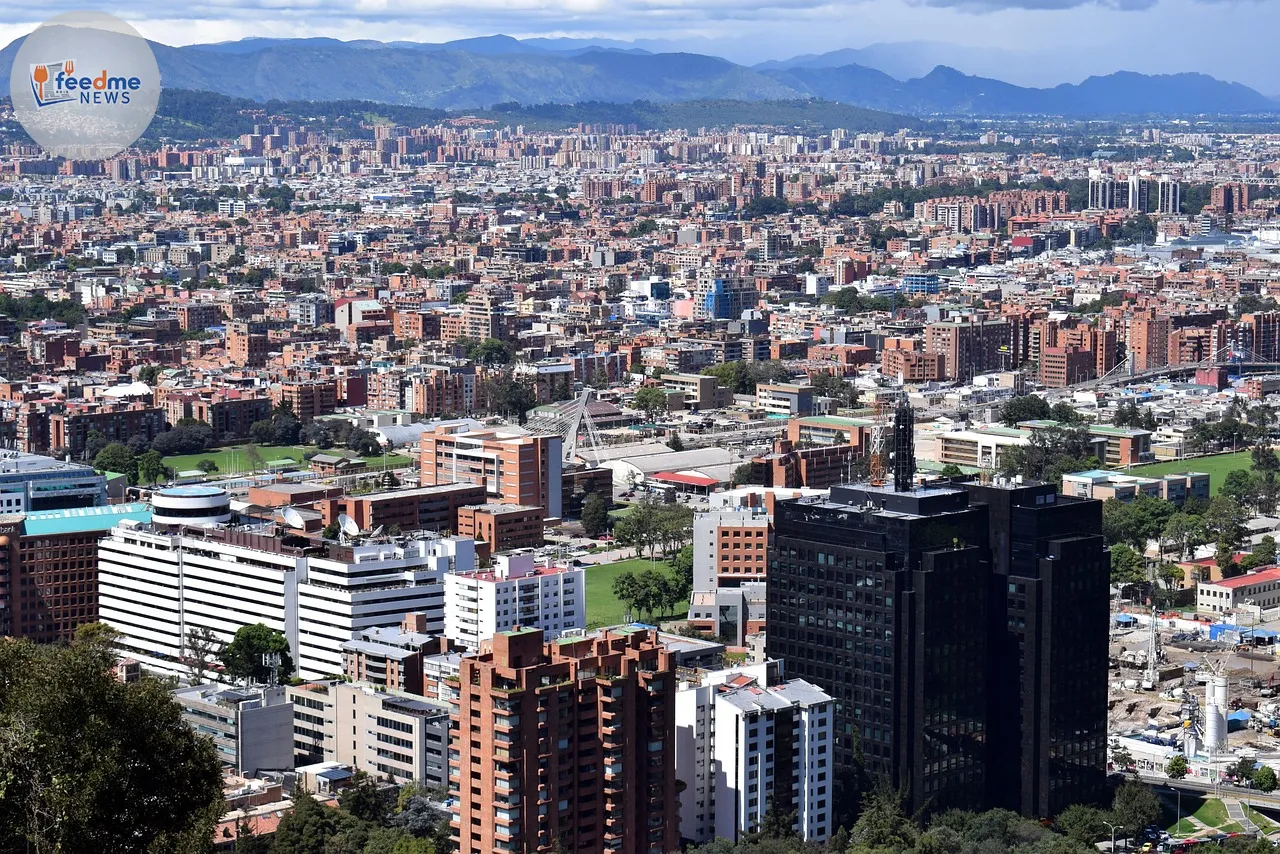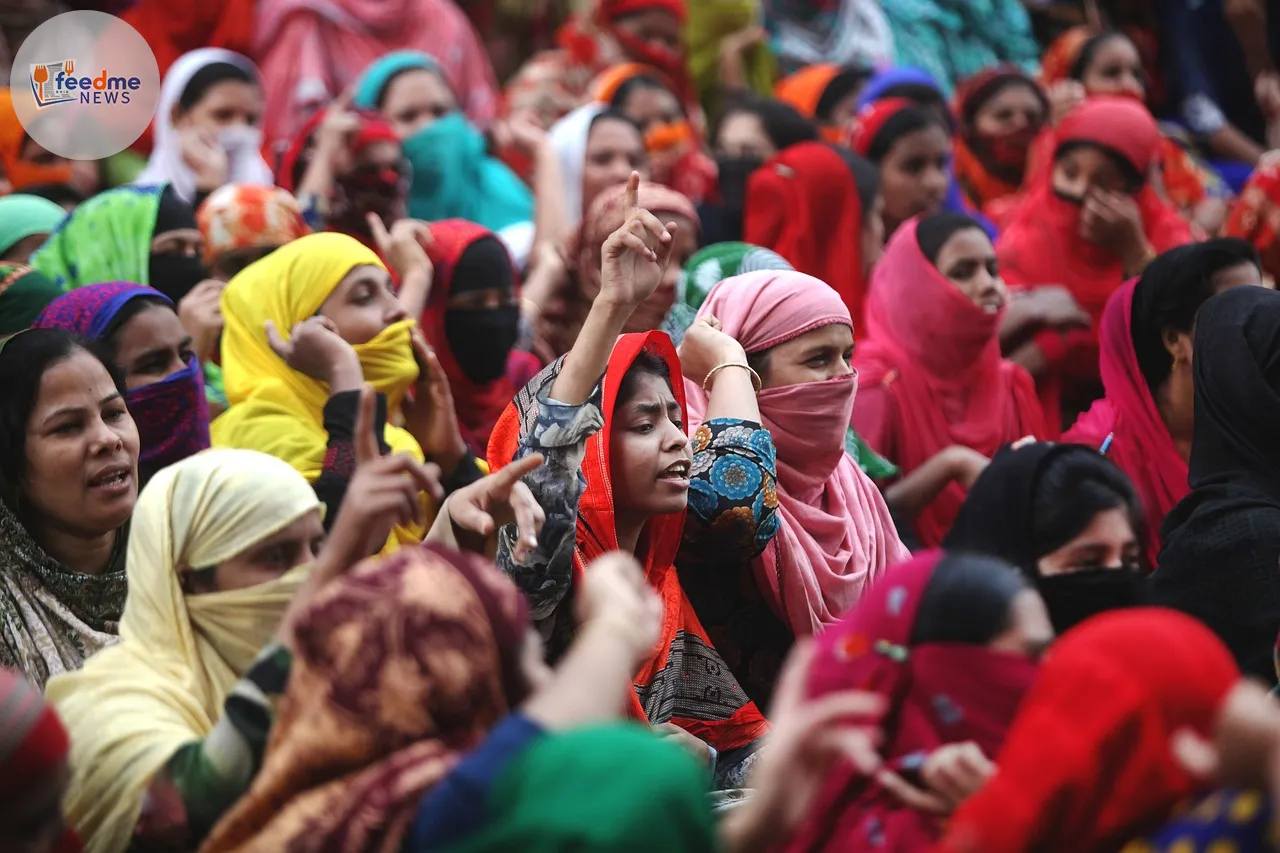In a bold statement, Colombian President Gustavo Petro has openly criticised the United States’ aggressive actions against alleged drug smuggling boats, calling them an “act of tyranny.” Speaking to the BBC, Petro emphasised that lethal force should not be a tool used in the fight against drug trafficking. His remarks come amid increasing tensions over maritime security and international drug enforcement policies.
The controversy stems from recent US operations targeting suspected drug vessels in international waters. These operations reportedly involve shooting at boats believed to be transporting narcotics. Petro’s comments highlight a growing rift between Colombia and the US, long-time partners in the war on drugs. Petro stressed the importance of addressing the root causes of drug trafficking rather than resorting to violence.

US Operations Under Scrutiny
The operations in question have been part of a broader US strategy to curb the flow of illegal drugs from South America into North America. These tactics, however, have sparked significant debate over their legality and ethical implications. Critics argue that such actions may violate international maritime laws and put lives at unnecessary risk.
US officials maintain that these operations are necessary to dismantle drug networks that pose significant threats to national and international security. According to the US Drug Enforcement Administration (DEA), maritime routes are a major channel for drug smuggling, making aggressive interception tactics vital. Yet, Petro’s comments reflect a growing concern about the human cost and the potential for diplomatic fallout from such aggressive measures.
Petro’s Vision for Drug Policy
President Petro’s stance signals a shift in Colombia’s approach to drug policy. Since taking office, he has advocated for a more humane and comprehensive strategy to tackle drug-related issues. Petro argues that addressing socio-economic factors, such as poverty and lack of education, should be at the forefront of drug policy.
In his interview, Petro reiterated the need for international cooperation that respects human rights and prioritises non-violent solutions. “There is no need to kill anyone,” he stated, emphasising the importance of dialogue and rehabilitation over punitive measures. This perspective aligns with a growing global movement towards decriminalisation and harm reduction in drug policy.
Historical Context of US-Colombia Relations
The US and Colombia have a long-standing partnership in combating drug trafficking, dating back to the late 20th century. The Plan Colombia initiative, launched in 1999, was a significant joint effort to reduce coca cultivation and cocaine production. While it achieved some success in dismantling major drug cartels, it also faced criticism for its militarised approach and impact on rural communities.
Petro’s comments suggest a reevaluation of this historical relationship. As Colombia seeks to redefine its role in global drug policy, tensions with the US may rise. However, Petro’s call for a more balanced approach could open new avenues for dialogue and cooperation focused on sustainable development and peace-building.
Expert Opinions on Drug Enforcement Strategies
Experts in international law and drug policy have weighed in on the debate, offering varied perspectives on the effectiveness of current strategies. Dr. Maria Lopez, a researcher at the Latin American Institute for Drug Policy, argues that militarised tactics often exacerbate violence and instability in drug-producing regions. “We need a shift towards policies that address the socio-economic roots of drug trafficking,” she said.
Conversely, some security analysts believe that strong enforcement measures are necessary to deter organised crime. “Without a firm response, drug cartels will continue to exploit weak enforcement,” noted James Carter, a former DEA agent. The challenge lies in finding a balanced approach that effectively disrupts drug networks while minimising harm to communities.
The Road Ahead for Drug Policy Reform
As the debate continues, the future of international drug policy remains uncertain. Petro’s comments may prompt a reevaluation of current strategies and encourage greater collaboration among nations. The emphasis on human rights and socio-economic development could lead to more holistic approaches to drug enforcement.
The international community faces a critical juncture in addressing the complexities of drug trafficking. The balance between security and human rights will be key to shaping effective and equitable policies. As Colombia and the US navigate this evolving landscape, their actions could set important precedents for global drug policy reform.
In the coming months, all eyes will be on how these discussions unfold and whether they lead to meaningful change. The stakes are high, and the outcomes will have far-reaching implications for international relations and the ongoing battle against drug trafficking.






